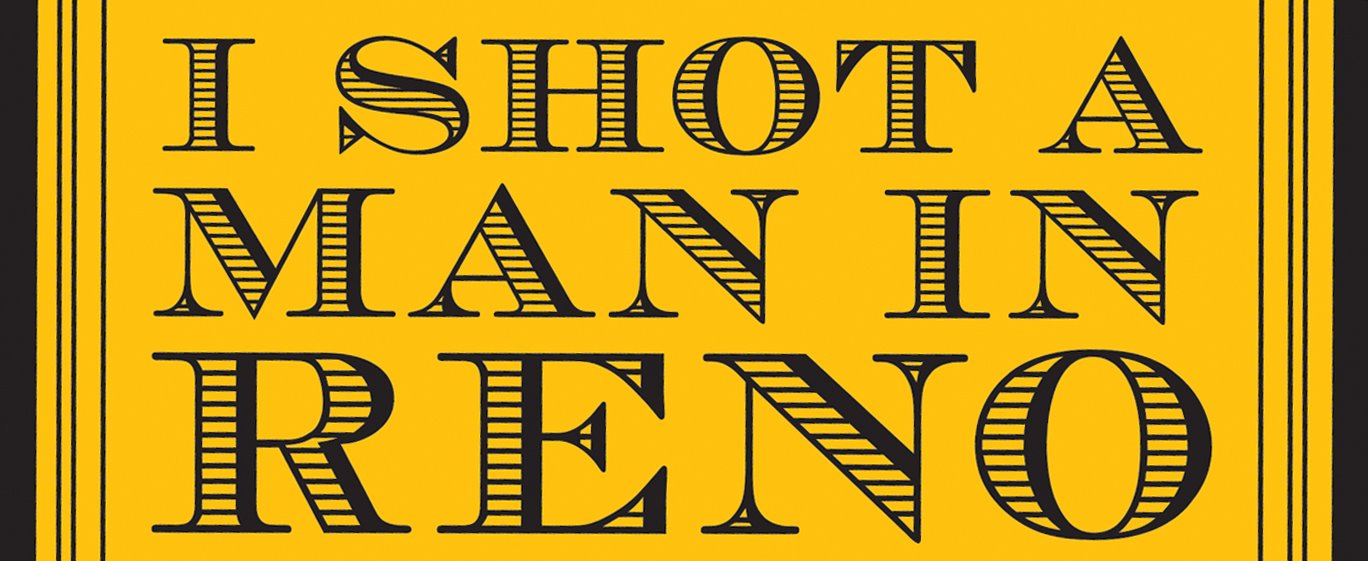 “A wildly cheering history of the subject of death in popular song.” - Observer, Best Music Books of 2008
“A wildly cheering history of the subject of death in popular song.” - Observer, Best Music Books of 2008“Better musical surveys are hard to find, and the results are positively life-affirming.” – Paste
“Its contents more than live up to the billing…. a rich and masterful read.” – The Word
"Through brilliant prose and exhaustive research, [Thomson] presents a potted cultural history which argues that songs about death reveal just as much about how we live... In addition to his own articulate and persuasive thoughts, Thomson's interviews with top table musos such as Paul McCartney, Nick Cave, Richard Thompson and Neil Finn result in one of the most informative and fulfilling music books you're ever likely to read. An essential volume for anyone interested in pop as an all-pervasive social force that soundtracks our lives right up to our last breath” - Record Collector
"It’s his knowledge of hip hop, as well as Goths, that makes I Shot A Man In Reno more than just a creepy bathroom read. His description of the Rolling Stones classic ode to “girls dressed in their summer clothes” shows his electric ability to craft delectable imagery with informative reporting..... Dude knows the best musical death trips!" – KEXP, Best Books of 2008
“Hearts are also pierced… in Graeme Thomson's I Shot a Man in Reno: a History of Death by Murder, Suicide, Fire, Flood, Drugs, Disease and General Misadventure as Related in Popular Song. In his amiable potter around all the genres of the rock and pop graveyard, Thomson points out the girl groups of the Sixties wailing over the teen idol's car wreck, and the gangsta rappers bragging about the drive-by.” - Telegraph, Best Music Books of 2008
“An intriguing, intelligent analysis…. Thomson's real strength is his understated empathy and common sense, most prominent in his excellent chapter on emo… It’s in making connections between death songs and a life lived that I Shot a Man in Reno really shines.” – Time Out
“Authoritative and sparkling with insight… drawing on a sharp wit and a record collection to apparently rival John Peel’s… this is ten quid well spent.” – Morning Star
“Graeme Thomson’s book is more than just cornucopia of the splendidly grim and myriad ways we speak of death in rhyming couplets backed with a catchy beat. It’s a brain-teasing query into the strange, abstract place death occupies in our culture.” - Eyeweekly
“[Thomson] moves beyond profile to entertain readers with the long-running and continually fascinating story of deadly mayhem as narrated in song lyrics…his fascination with the lyrics comes with a dry sense of humor, making the subject just as much fun for readers.” - Bloomsbury Review
“Thomson immerses the reader in the world of death-pop. Counter-intuitively, it's a jolly read and his top 40 best death-themed songs - or his "DiPod" - show the author has excellent taste, too” – Sunday Herald
"Those moments where Thomson steps into the narrative work really well throughout I Shot a Man in Reno, reminding the reader that despite the dark subject, music is cathartic, fun, and liberating, and that our close ties to it drive us to mix it up a little when something bugs us. For all the research and interviews that went into the book, Thomson isn’t trying to write a dry scholarly tome, so he has plenty of chances to include himself in the discussion. And the book, already fascinating and fun to begin with, is better for it..... The only real problem with the book? It’s a shame it couldn’t come with a CD." – PopMatters
“Rock songs… are just as much about death as they are about love, argues Graeme Thomson in his brilliant I Shot a Man in Reno.” – ForeWord
"Compelling... Divided into chapters covering everything from the common teenage penchant for suicide songs to the evolution of murder ballads and gangsta rap, Thomson displays considerable knowledge of music past and present." - Publishers Weekly
"The long subtitle is a tad inaccurate. This isn’t a history; it’s a commentary. Damned good one, too, by a journalist who knows his stuff and struts it…. Enthralling from the first page, he guarantees rereaders with a penultimate chapter on Europe’s top 10 funeral songs and an appendix of his own, an annotated top 40 of death." — Booklist
"Thomson persuasively shows that death very much belongs in pop music. If music is about the human experience, death must be in there, along with everything else… Thomson is a surefooted guide through this musical graveyard. His writing is never dry or academic, but he smartly puts each song into its sociological and psychological context. It's fascinating to see how concepts of death changed over the decades, as Thomson points out trends such as the explosion of death songs during the psychedelic era." - Signal To Noise
“A smart and scholarly read… a tragical history tour of the last hundred-plus years of Western songwriting. From St James Infirmary, around Dead Man’s Curve, to the city of Compton, Thomson takes us on a macabre and often hilarious ride…. Another fine book from Continuum who, along with their 33 1/3 Series, is reshaping the way we read about music.” – Under the Radar Magazine
“Intelligent, erudite and readable" – Classic Rock
“Full of little facts that make for some interesting conversations, but... also thought provoking—you may not always agree with him, but he really knows his stuff and you can’t refute that he has a dizzying amount of knowledge of music of every genre to draw upon. There’s plenty to keep you reading and thinking.” – Buzz
“Nowhere does Thomson wax more eloquently elegiac than towards the end of the book he talks of those songs that deal with the loss occasioned by death, whether it be of a parent, a lover, a sibling, a friend; particularly in his dealing with both John Lennon and Paul McCartney, and their respective songs about the loss of their mothers, this book becomes quite moving. [He] saves his best… rhetoric for the epilogue, wherein he provides his Top Forty of all-time greats. Each song comes with a capsule discography and rationale for its inclusion, and some of that is the most consummate of criticism, cultural or otherwise.” – IJustFinished.com




No comments:
Post a Comment